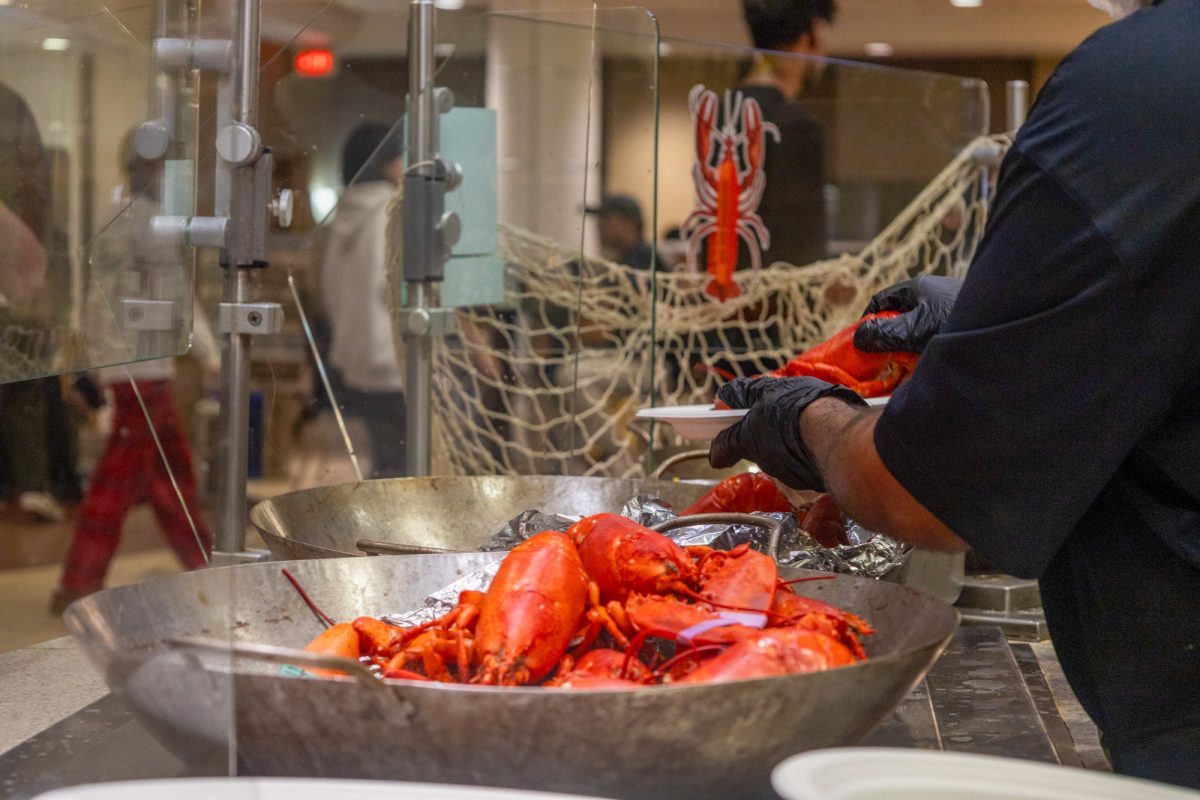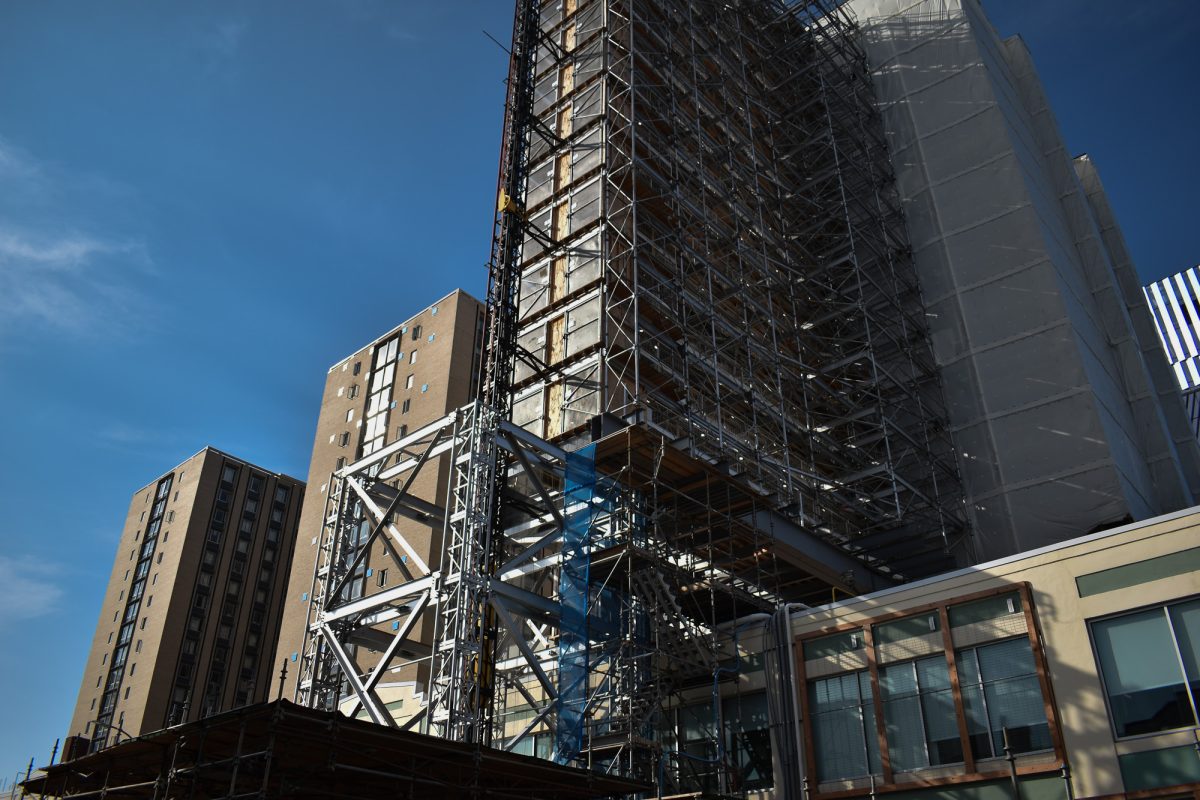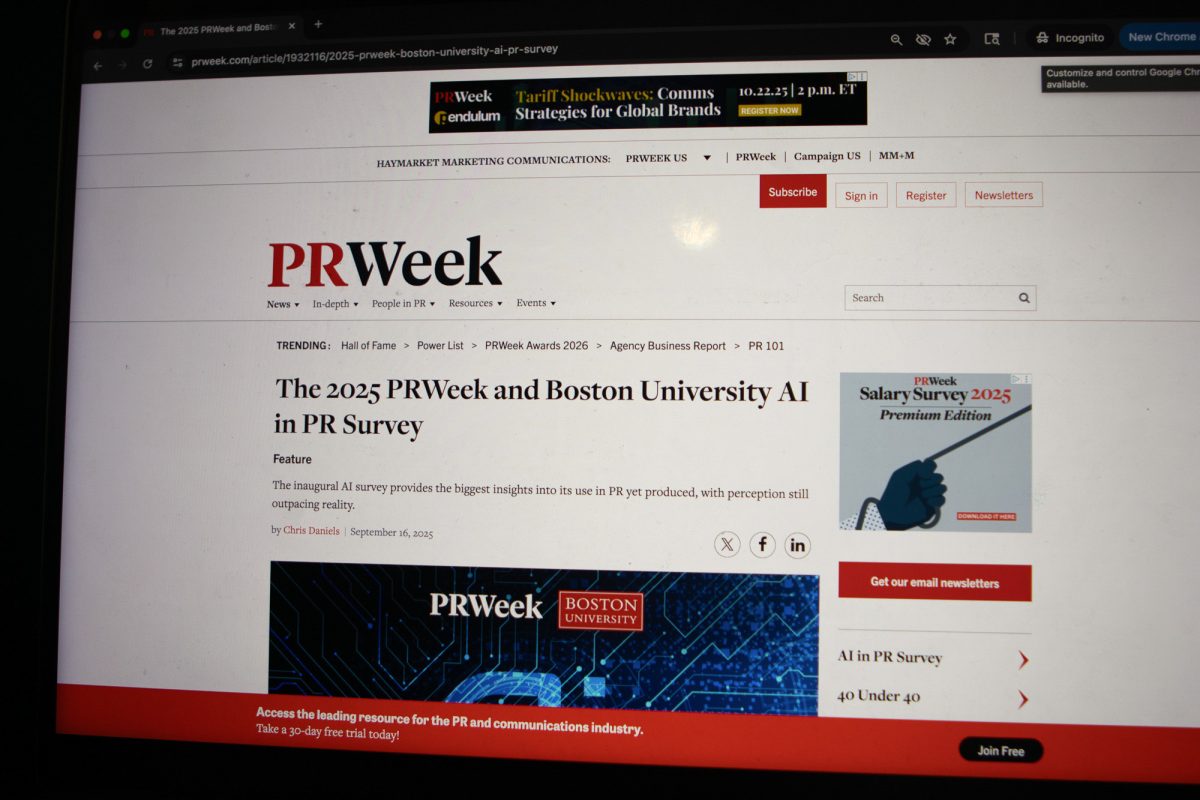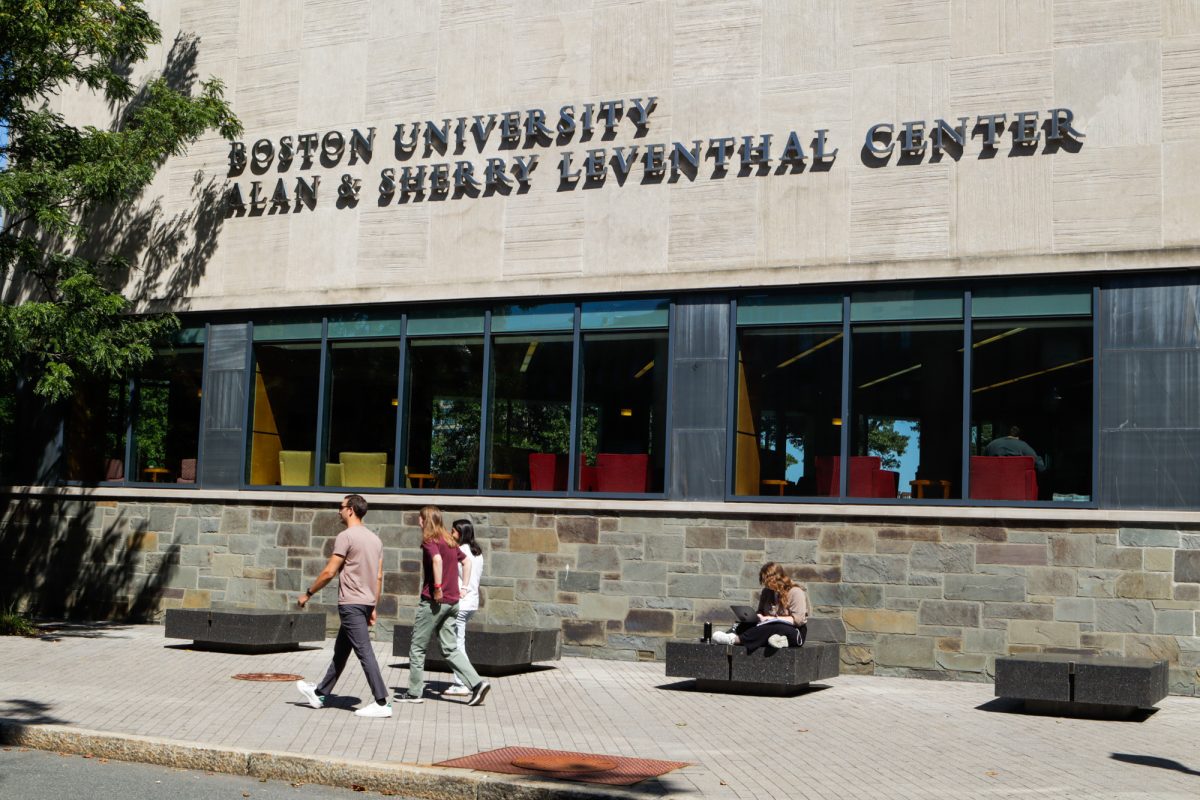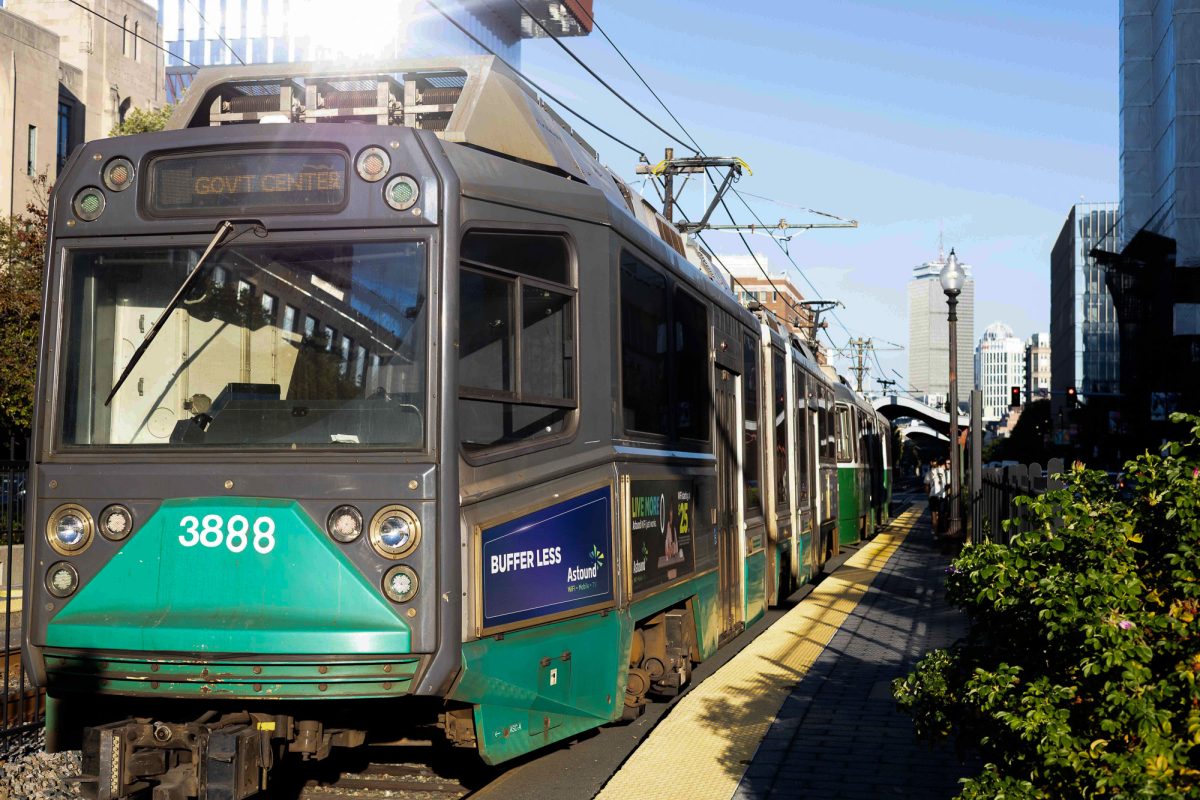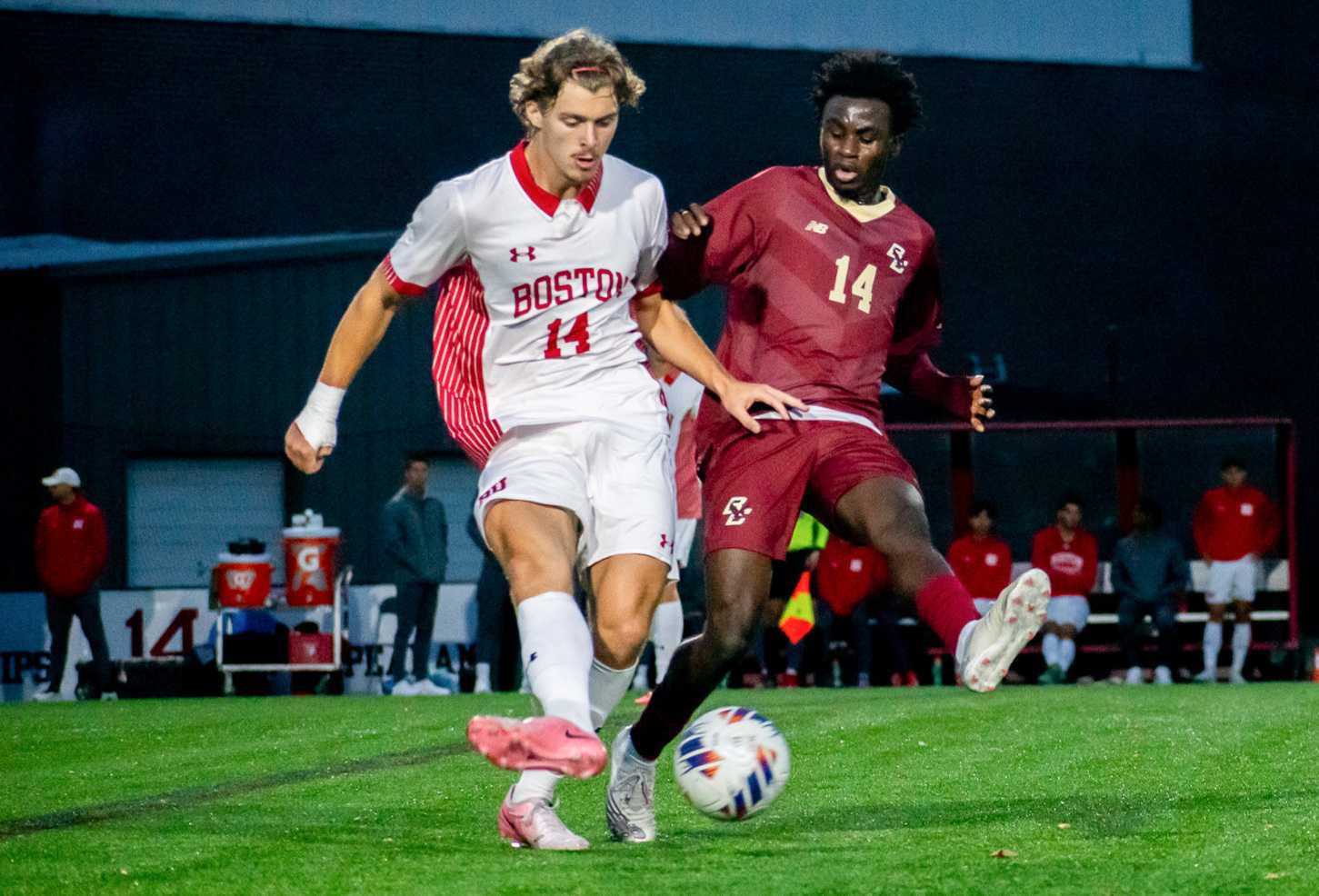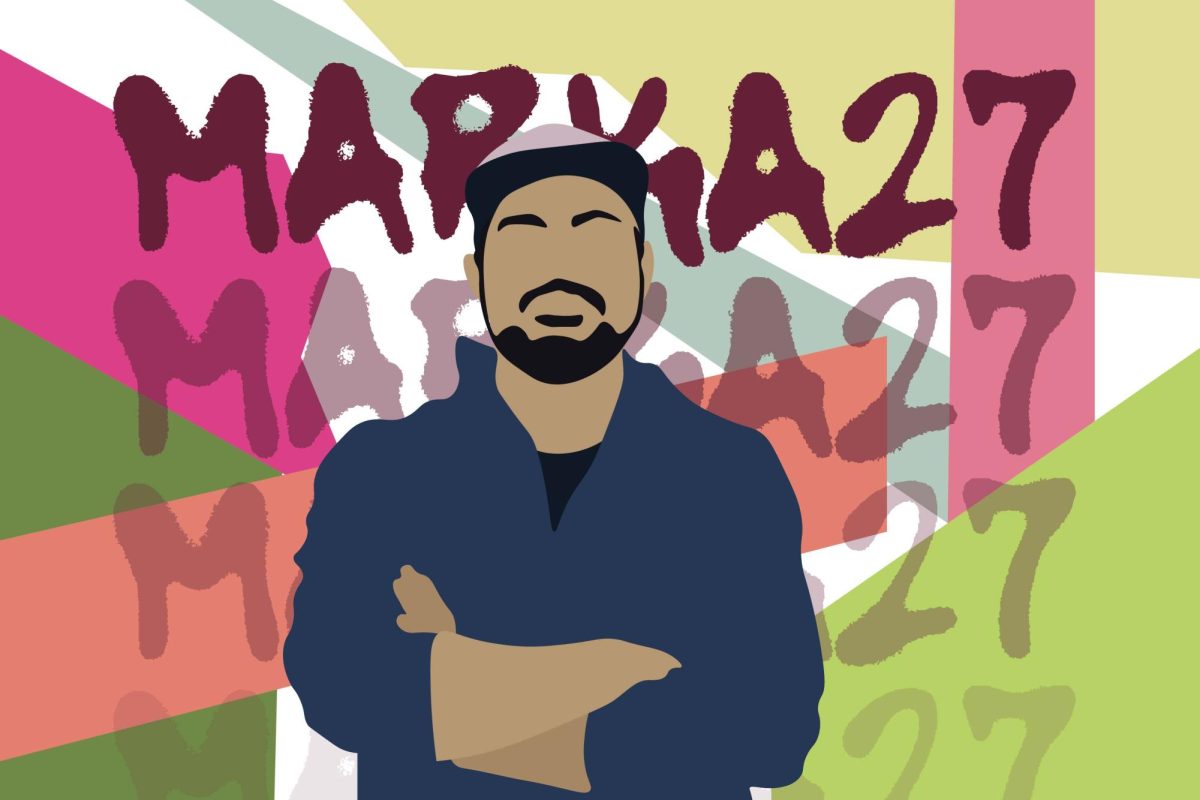The Trump administration announced a drastic price increase for new H1-B visa petitions on Sept. 19, jeopardizing the professional futures of international students and workers nationwide.
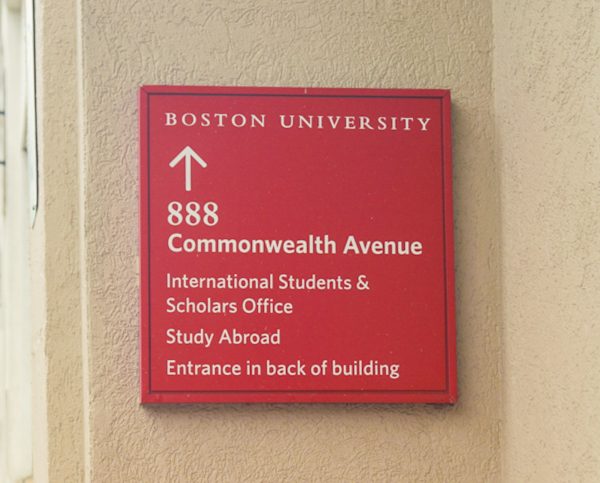
Employers must now pay a $100,000 fee to sponsor a H1-B visa, a special visa category for highly skilled foreign workers in speciality fields.
The change has raised concerns amongst some international college students planning to work in the United States after graduating Boston University.
Eva, an international student who chose not to disclose other personal information for safety reasons due to the “political environment,” said the policy was “ridiculous.”
No one is going to “pay that much” for an international worker at an entry-level position when “they can hire other people that do not need [an H1-B visa],” she said.
Sophomore Rose Wei, a Chinese international student, said even before changes to the H-1B visa, her plans shifted from “getting a masters degree or Ph.D. in America” to looking at “Canada or the U.K. for higher graduate degrees and then maybe find jobs in other markets.”
Wei said she changed course following a “series of policies” by the Trump administration targeted at “getting immigrants out of the country.”
Eva described working in the U.S. as the “main reason” she attended school in the states. While she chose the states for its diversity and “welcoming perspectives,” she would have studied elsewhere if she knew immigrants would become a scapegoat.
Wei, who was largely influenced to study in the U.S. because of the political restrictions on education in China, said immigrants are a vital part of American education.
“With the loss of all those talents because of the visa restrictions, will seeking a degree or education in America even be worth it?” Wei said.
The students said BU and its community have been a source of support amidst fluctuating immigration policies.
BU’s International Students and Scholars Office expects the ban to be “challenged in court” and advised BU employees to “weigh the increased risks to travel.”
BU Spokesperson Colin Riley said there is no way to know how BU’s international students will be affected by the order at the moment, adding BU complies with the law and will see the outcome and then “go from there.”
If fewer international students decide to study in American universities, the country could face financial setbacks, said Perry Mehrling, an international political economy professor at BU’s Pardee School of Global Studies.
“The success of the U.S. economy depends on attracting the best talent, at least for a while,” he said.
International students pay full tuition. Therefore, for BU, where 23% of the class of 2028 are international students, this could mean a significant cut of funds.
A lack of international students and foreign workers could result in the country becoming “more homogenous” and losing diversity and equality as well, said Wei.
“Immigration does play a vital part in American society,” said Wei. “Diversity and equality doesn’t just come from a slogan but from the constant interaction with people who are different than us.”



